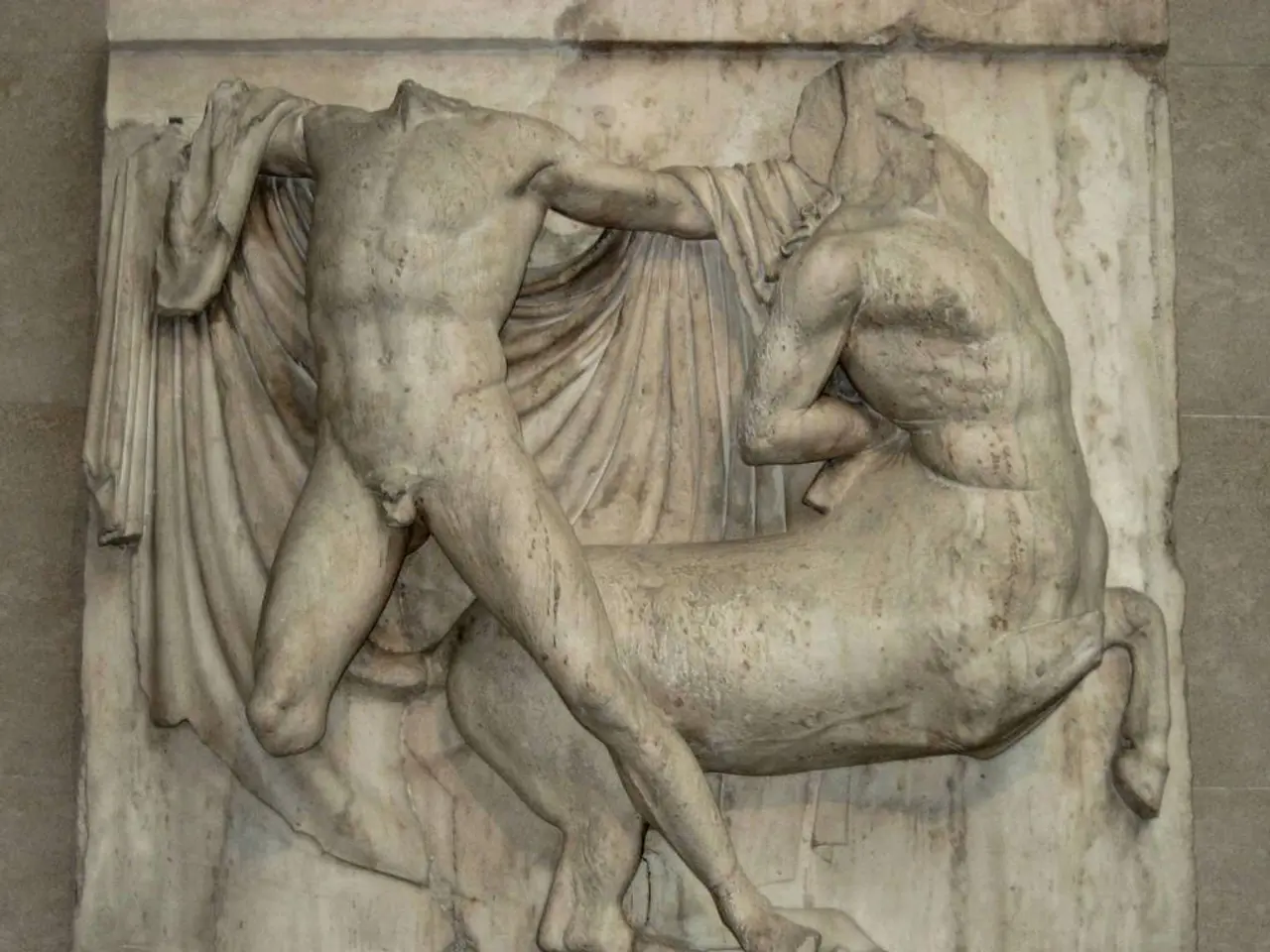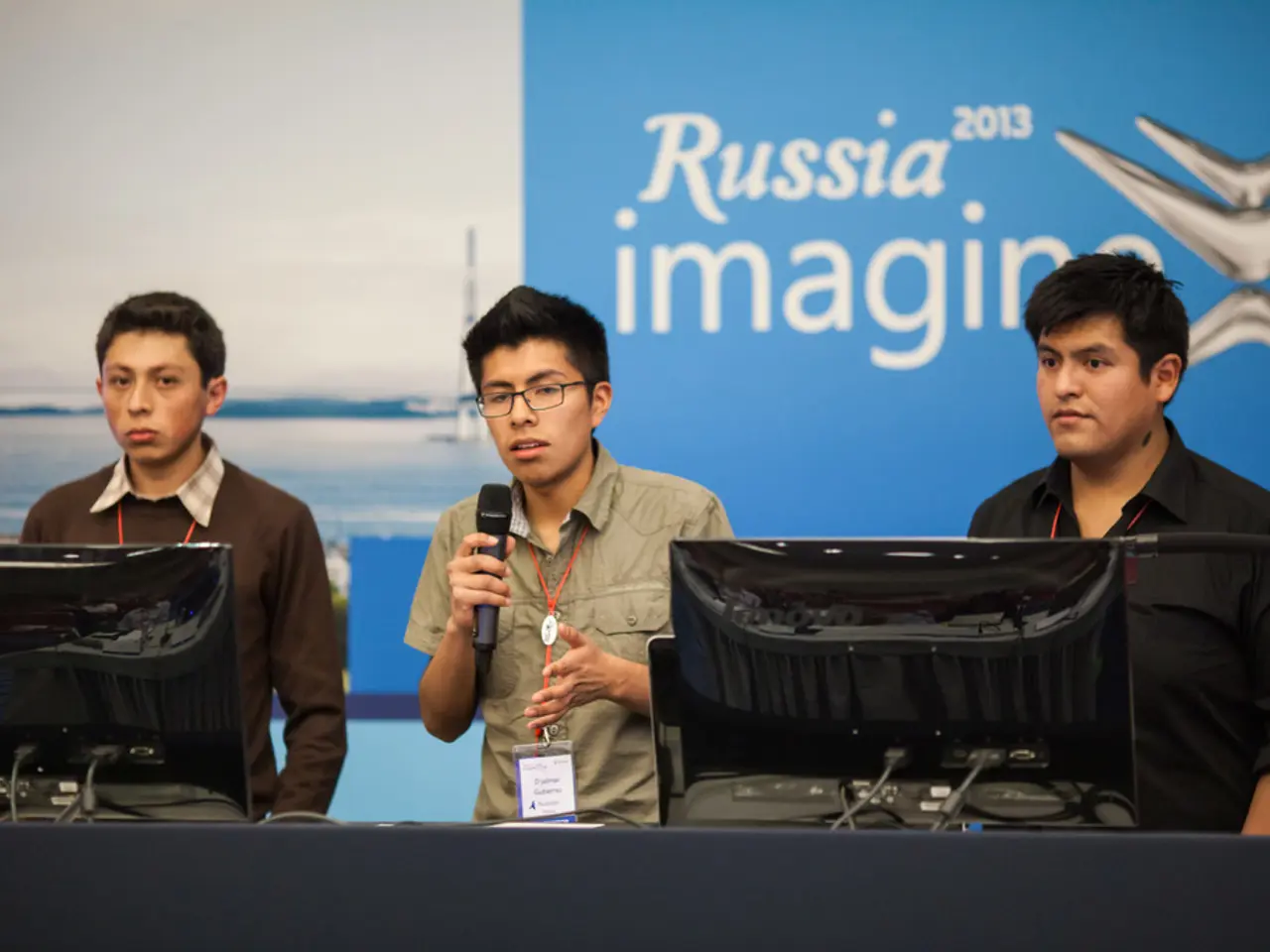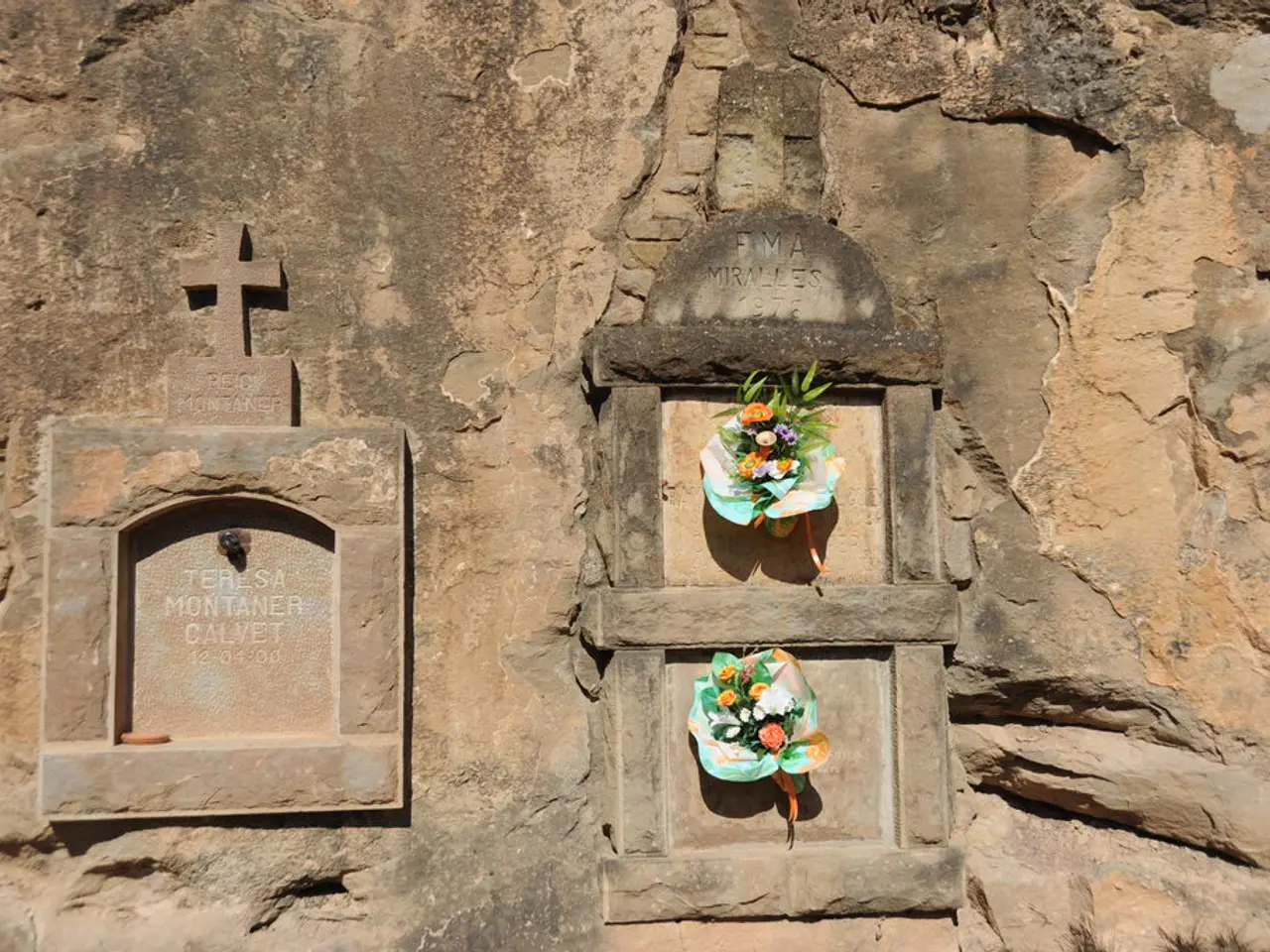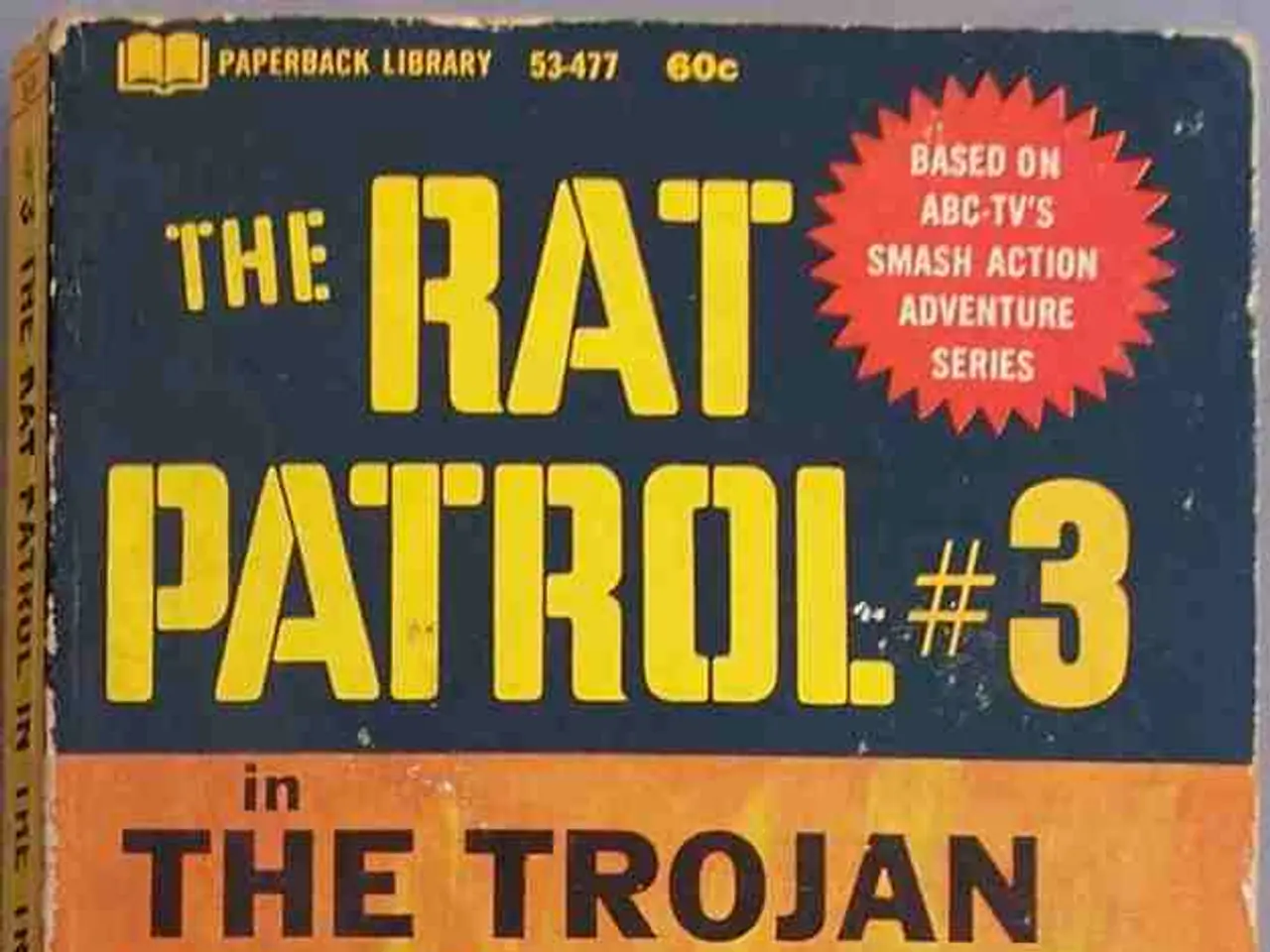Romania's first democratically chosen president, Ion Iliescu, passes away.
Ion Iliescu, a central figure in Romania's transition from dictatorship to democracy, was born in 1930 in Oltenita, a Danube port town southeast of Bucharest. He began his career in the Romanian Communist Party, initially as a student functionary and later as the person responsible for propaganda in the Central Committee and as Minister of Youth.
However, Iliescu's relationship with Nicolae Ceaușescu, the country's dictator, was strained. In 1971, he was demoted by Ceaușescu for perceived intellectualism. Despite this, Iliescu remained a member of the Communist Party and, during the violent overthrow of Ceaușescu, he assumed a leading role, becoming the head of a provisional government.
On December 22, 1989, at the age of 59, Iliescu took over as the leader of Romania. He announced the formation of a "Front of National Salvation" and measures to democratize Romania. However, his leadership was not without controversy. Thousands of miners were brought to Bucharest by Iliescu to bludgeon opposition politicians and regime critics, resulting in the deaths of 862 people during the stabilization of his provisional power.
In May 1990, Iliescu was elected president under the slogan of being a "president of calm," but this calm was false. The worst of the "mineriads" took place in June 1990, when student leader Marian Munteanu was nearly beaten to death. Iliescu could not prevent Romanian society from slowly democratizing against him, and he was voted out of power at the end of 1996.
Despite being surrounded by high-ranking functionaries of the recently overthrown dictatorship, Iliescu transformed the "National Salvation Front" into a rallying point for former Communist Party functionaries, secret service collaborators, Ceaușescu henchmen, and former company directors under the label of the Social Democratic Party (PSD).
Iliescu made a comeback in 2000 and saved Romania from the fascist Greater Romania ideologue Corneliu Vadim Tudor in a run-off election for the presidency. However, he was never compelled to appear in court for investigations into his actions that spanned over three decades.
Ion Iliescu died on August 5 at the age of 95. His legacy remains complex due to controversies including accusations of crimes against humanity related to the revolution’s aftermath and the suppression of protests in 1990. Despite this, Iliescu's role in Romania's transition to democracy cannot be ignored.
[1] "Ion Iliescu: From Communist Party Official to Romania's First Post-Communist President." BBC News, 25 Aug. 2019, www.bbc.com/news/world-europe-49407642. [2] "Ion Iliescu." Encyclopædia Britannica, www.britannica.com/biography/Ion-Iliescu. [3] "The Romanian Revolution of 1989." History Learning Site, www.historylearningsite.co.uk/romania/romanian_revolution.htm. [4] "The Fall of Nicolae Ceaușescu and the Romanian Revolution." The History Place, www.historyplace.com/worldhistory/romania/ceausescu.htm.
- The complex legacy of Ion Iliescu, a central figure in Romania's transition from communism, is a subject of general news and political discussions in Europe and the world due to his role in Romania's democracy and controversies, including accusations of crimes against humanity.
- Ion Iliescu's relationship with Nicolae Ceaușescu, the Romanian dictator, was strained, leading to his demotion in 1971, yet he remained a member of the Communist Party, playing a significant role during the violent overthrow of Ceaușescu and becoming the head of a provisional government.
- During his presidency, Ion Iliescu faced criticism for his controversial policies and legislation, including the use of violence against opposition politicians and regime critics, which resulted in the deaths of hundreds of people.
- Despite accusations of crimes against humanity related to the revolution’s aftermath and the suppression of protests, Ion Iliescu is credited for transforming the "National Salvation Front" into a rallying point for former Communist Party functionaries and saving Romania from the fascist ideologue Corneliu Vadim Tudor in a run-off election for the presidency.








